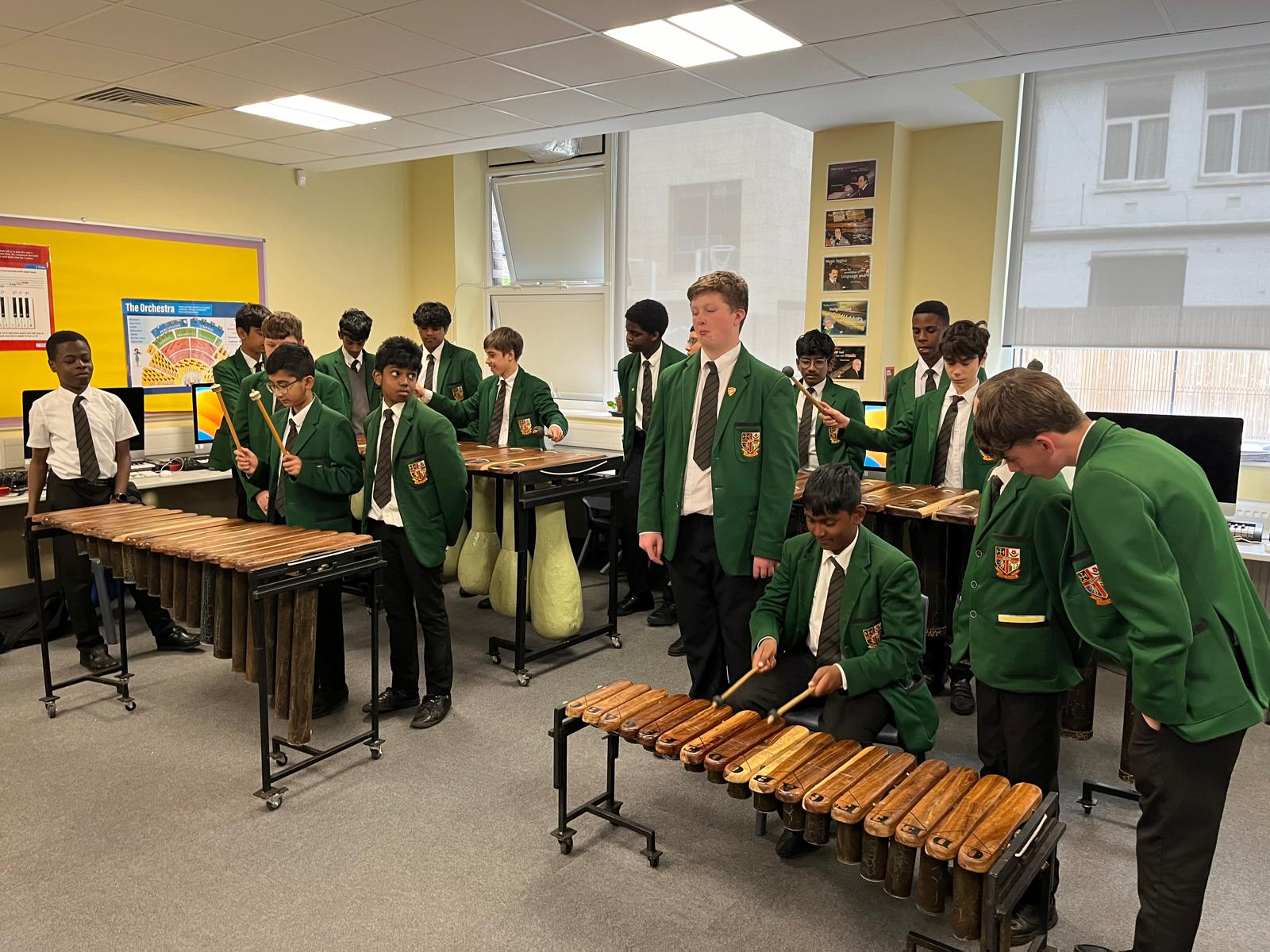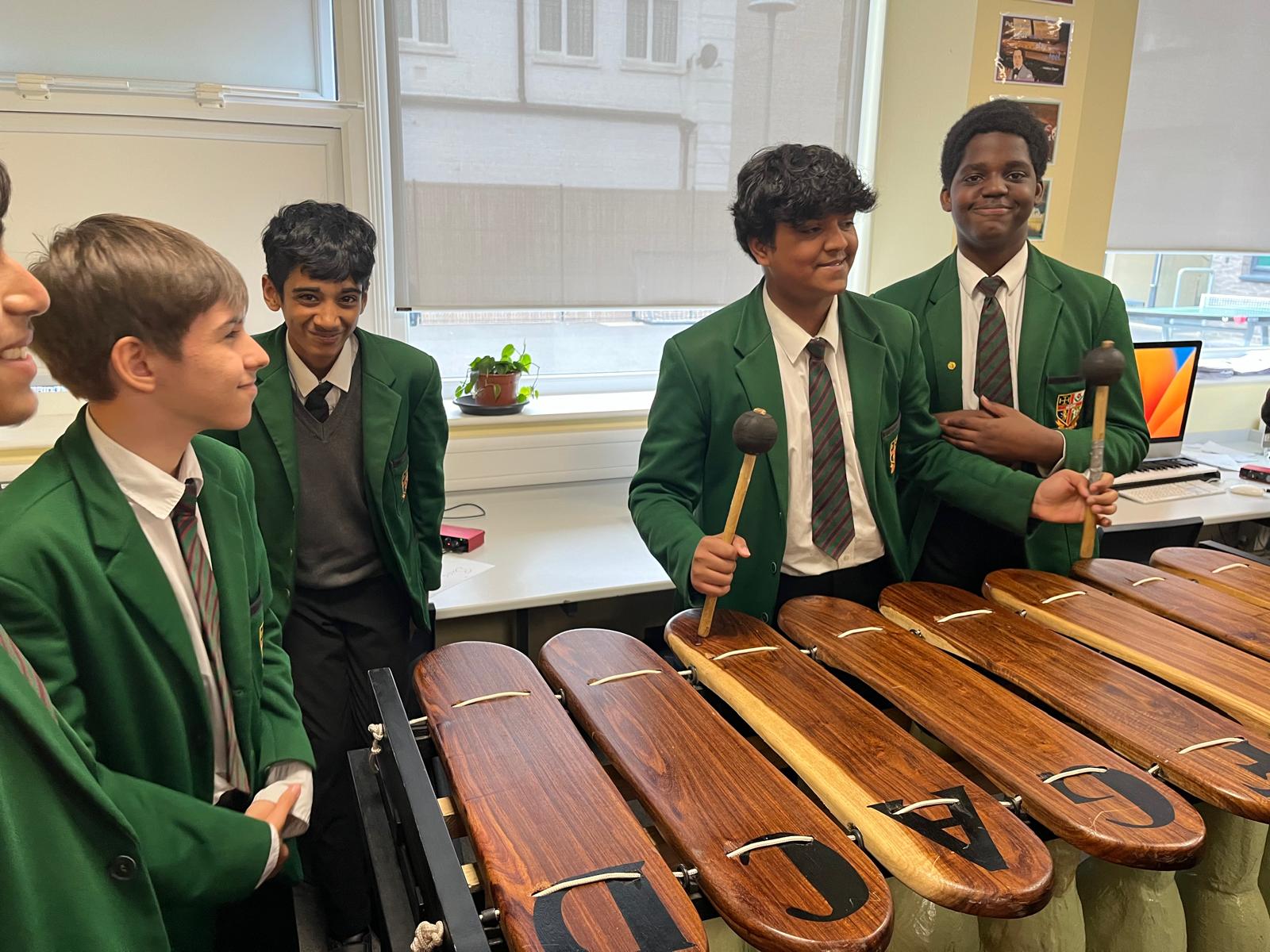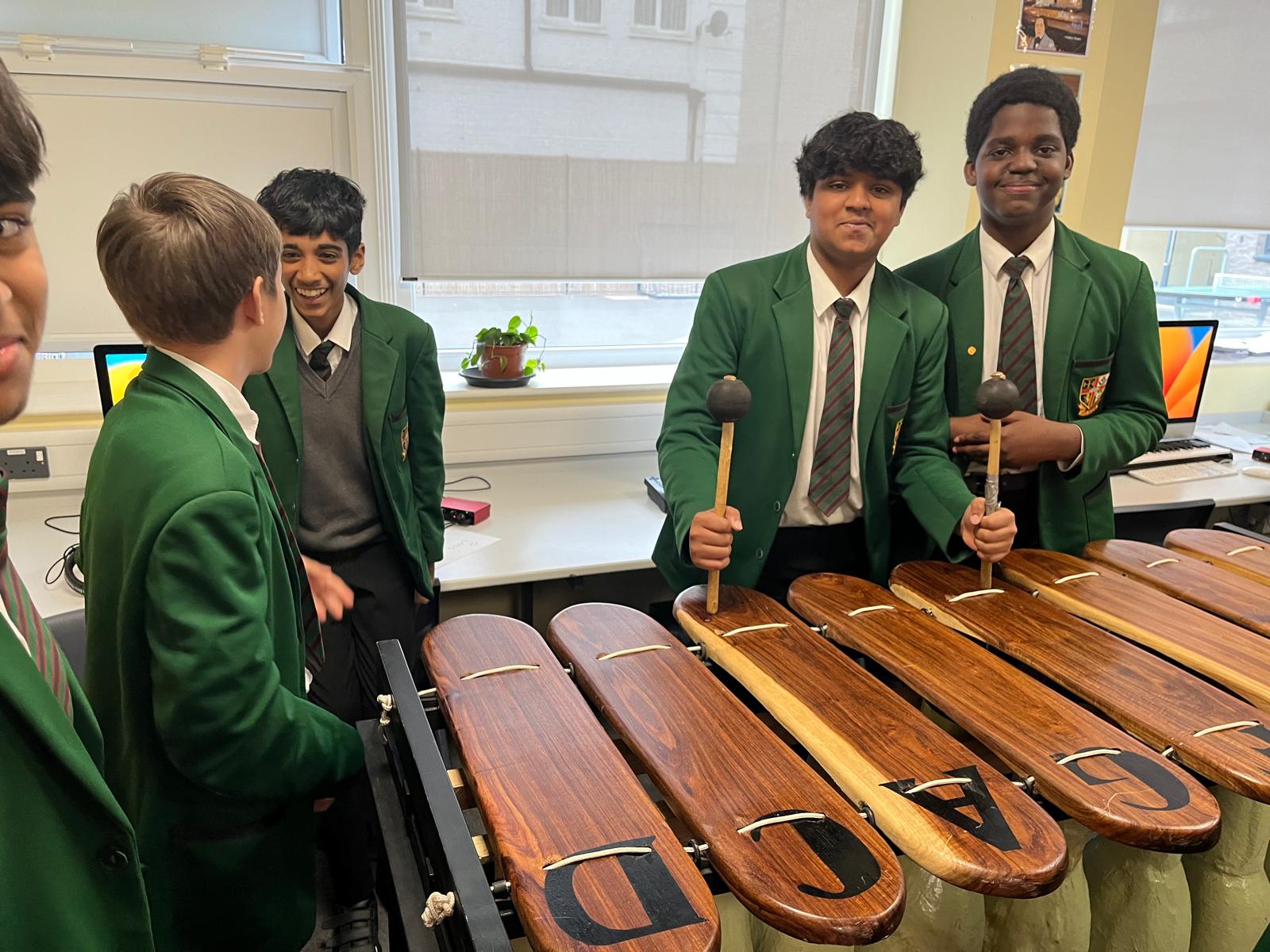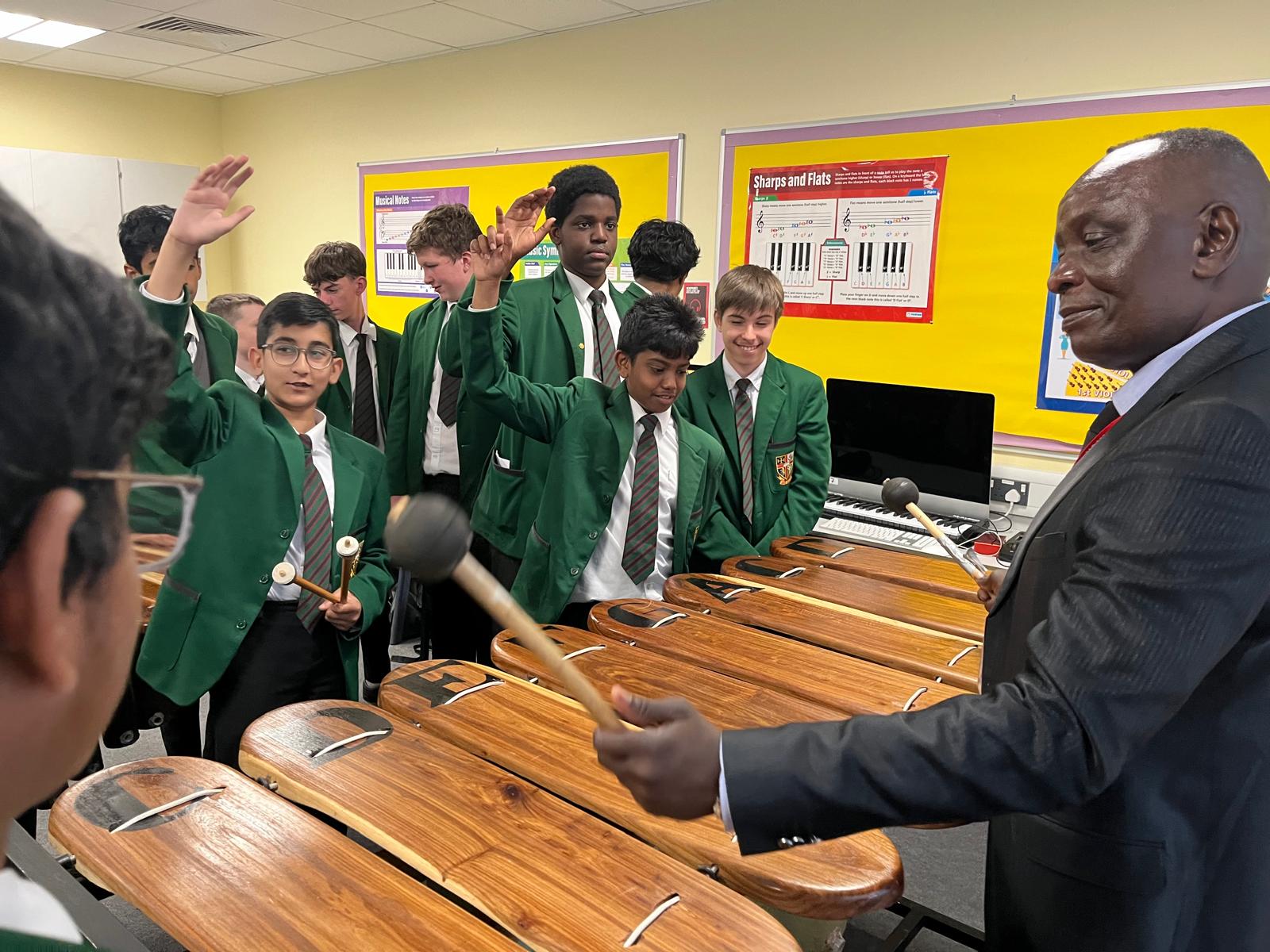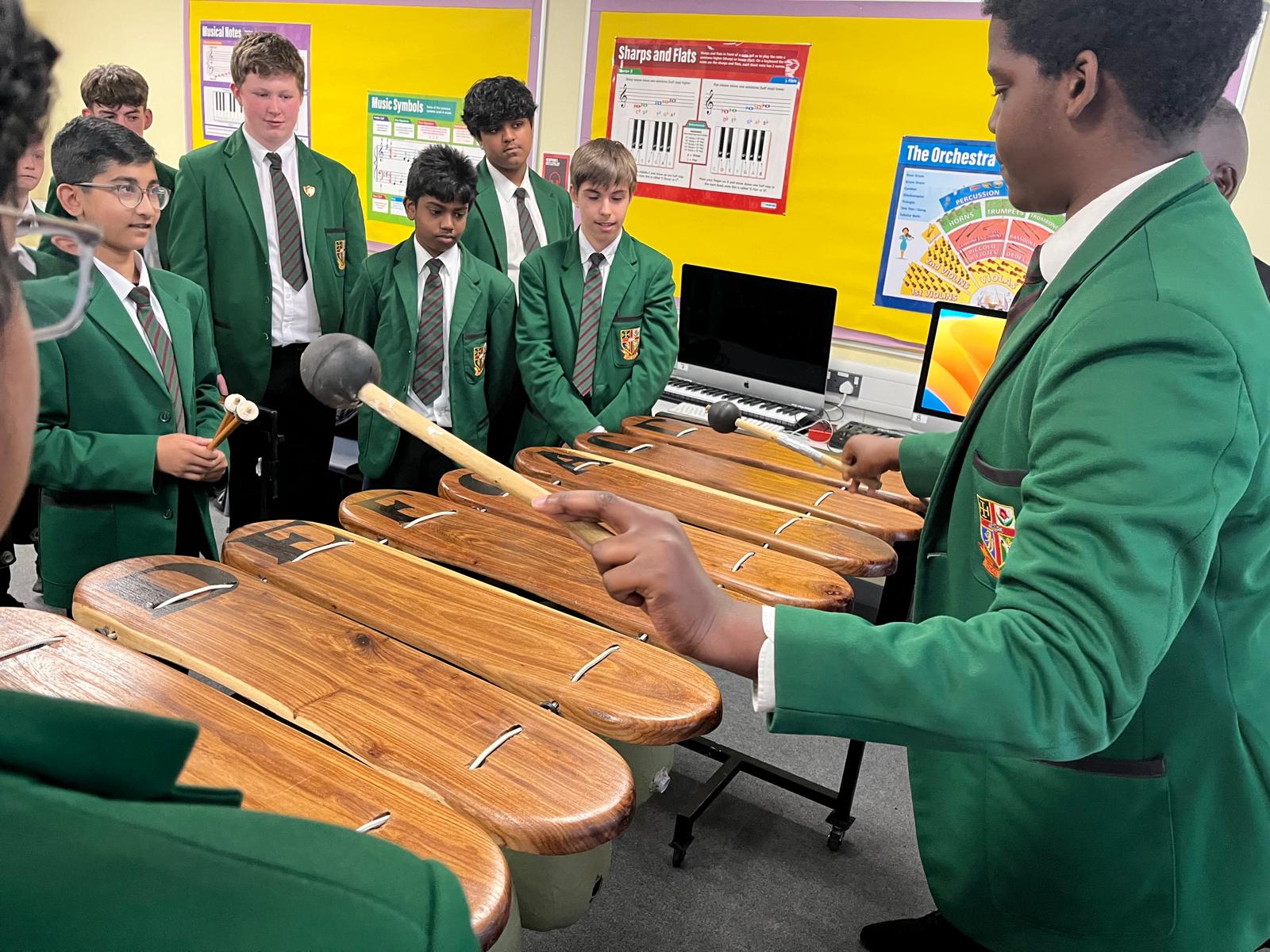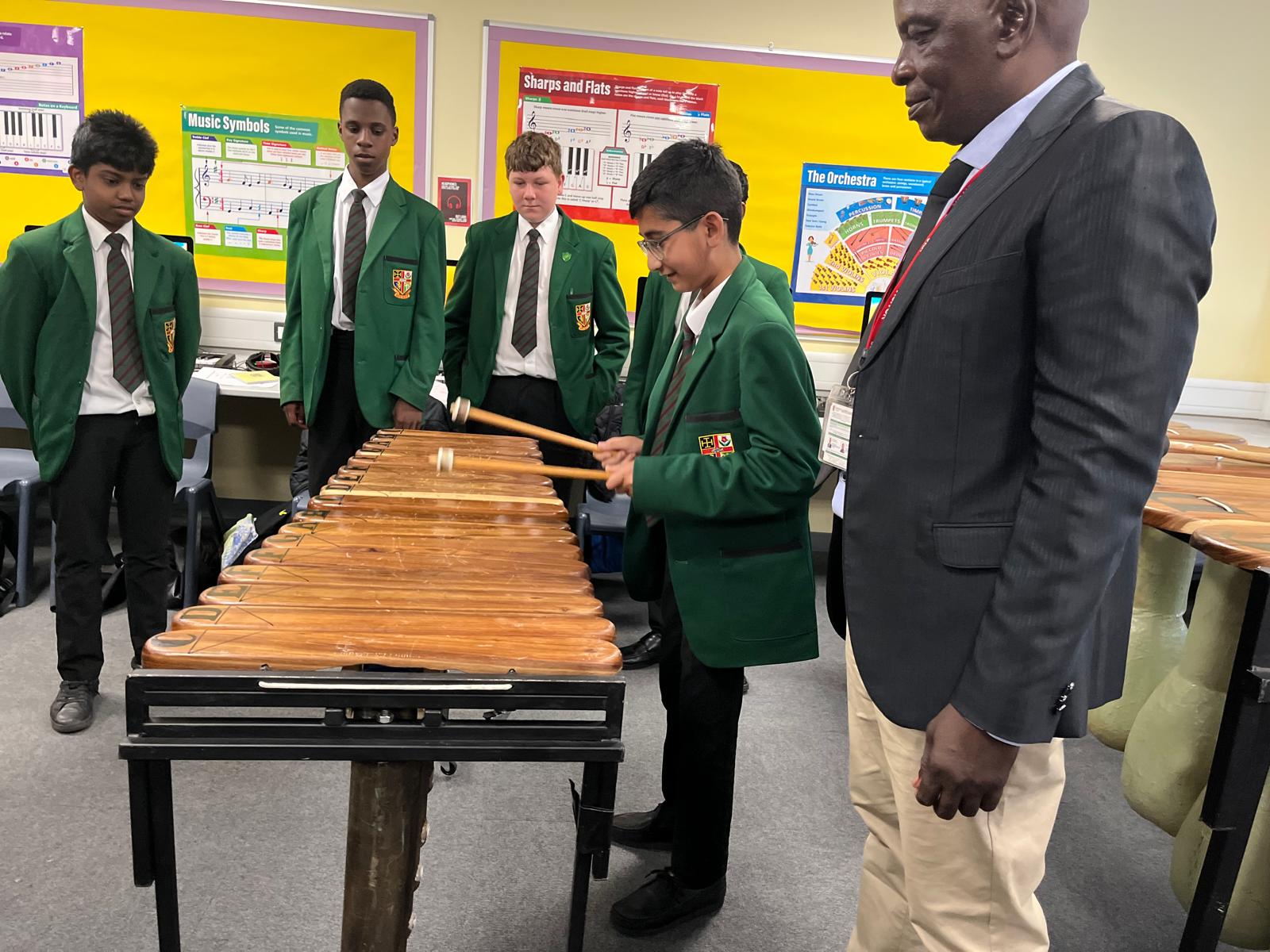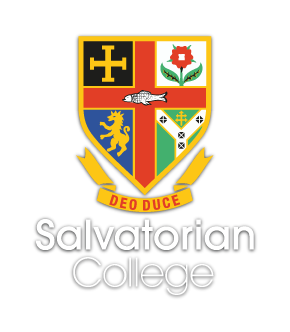Music
Music
“Music gives a soul to the universe, wings to the mind, flight to the imagination and life to everything.” – Plato
Underpinning all music lessons at Salvatorian College is a focus on performing, composing and listening to music, leading to a deep and transferable understanding of key musical features used by great composers and musicians.
At KS3, music lessons seek to engage and inspire pupils to develop a love of music and their talent as a musician. Pupils will use their voices, instruments and technology to explore a range of historical periods, styles and influences.
At KS4, the curriculum intends to develop the musical knowledge, understanding, and skills learnt in music to ensure pupils form a personal and meaningful relationship with music. Pupils will be encouraged to engage critically and creatively with a wide range of music from various musical contexts and react to how music portrays the expression of personal and collective identities.
Our Staff
Ms M Jardim – Head of Department
Mr J Reed – Teacher of Music
Key Stage Three
Pupils in Key Stage 3 explore a diverse range of musical styles, artists and musical features, developing a rich understanding how particular music is created. Lessons focus on practical music making using a variety of instruments, including keyboards, ukuleles, djembes and singing. Students are actively encouraged to explore each topic through performing and are encouraged to create their own, through composing. This is supported by a broad range of extra-curricular activities both during and after school.
Topics included at KS3: Blues, The Orchestra, Mozart, RAP, Video Game Music, Reggae and West African Drumming.
Pupils are assessed at the end of each topic and pupils are set homework once per week.
Key Stage Four
Music at Key Stage 4 is an increasingly popular option choice at Salvatorian College. Pupils follow the Eduqas GCSE exam specification which introduces pupils to the key features of:
Area of study 1: Musical Forms and Devices
Area of study 2: Music for Ensemble
Area of study 3: Film Music
Area of study 4: Popular Music
Pupils also complete coursework in performance and composition, responding to a range of briefs.
Homework is set twice per week and pupils can attend a range of GCSE only extra-curricular opportunities throughout the two-year course.
Links to Future Pathways
Studying music allows pupils to develop a range of skills that can support them with the following:
•Independent learning and self-discipline.
•Teamwork. Paarticularly if involved in weekly groups or ensembles, concerts or performances.
•Performance and presentation skills (useful for any career).
•Listening skills, which are highly developed in musicians as it is an integral part of the course.
•Analytical and essay-writing skills.
•Confidence and self-esteem, which has a knock-on effect in all areas of life and learning.
•Creativity and self-expression, helping to think differently and harness the power of their imagination.
Student Gallery



